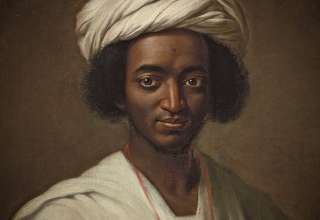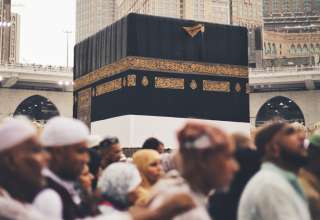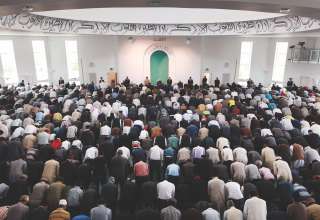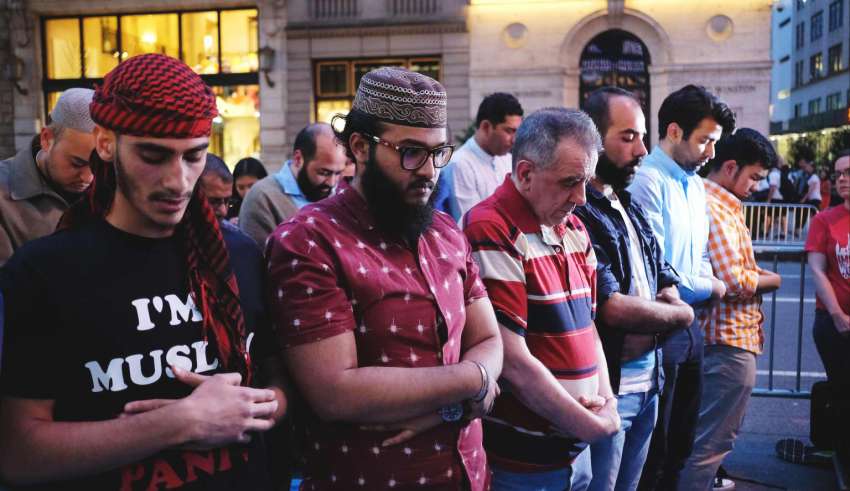
The Month of Ramadan occurs in the 9th month of the lunar calendar. It is the month in which God Almighty revealed the first verses of the Noble Quran to the Prophet Muhammad (Peace and blessings be upon him). Able-bodied Muslims from all over the globe will fast from dawn until dusk and engage in increased acts of worship to become closer to our Creator. It is a time of sincere worship, where families come together and friends gather, all for the sake of pleasing our Lord. Here are some common questions you may have been wondering about Ramadan:
1. Why Does Ramadan Fall on a Different Day Each Year?
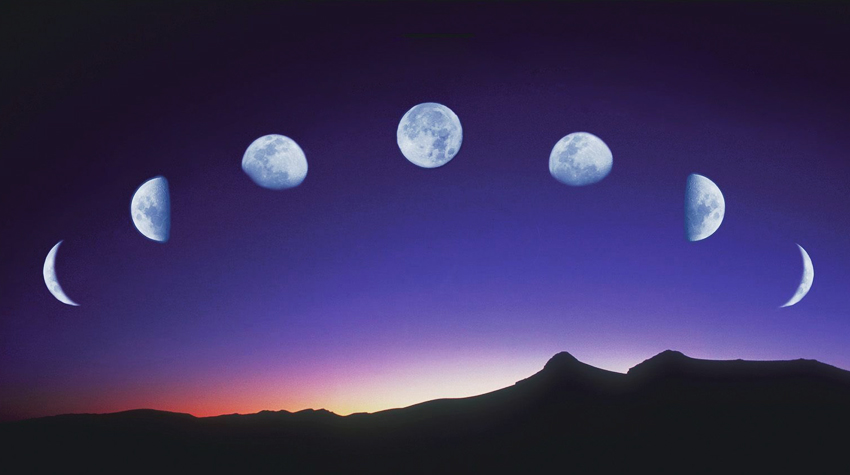
In the Muslim faith, we follow the lunar calendar which is based on the moon versus the Gregorian calendar that is based on the sun. As a result, the month of Ramadan occurs in a different season every year depending on the location of the person fasting. For example, someone fasting in New York City could experience summer during Ramadan while a Muslim in Australia could delight in the winter months. After a few Ramadans have passed, it will be the complete opposite in both locations. One of the benefits of having an auspicious month like Ramadan fall on different seasons, is that you can indulge in seasonal fruits and vegetables as your Ramadan slowly moves throughout the lunar calendar every year.
As imaginable, it is a bit more difficult to fast during the hotter months of the calendar. Fasting during the peak of summer can cause a greater challenge that is met with steadfastness and faithfulness. Muslims fasting in the cooler seasons are always mindful of their fellow brethren in faith who are fasting with difficulty and keep them in their prayers.
2. Won’t You Die Without Food or Water For a Full 30 Days?

During the observation of Ramadan, Muslims don’t actually abstain from food or water for an entire month! And yes, it would kill anyone who did that! Ramadan fasting, by definition, means you forego food and drink from dawn until dusk. Muslims wake up just before the dawn prayer to indulge in a nourishing breakfast that is typically made up of high-fiber foods, fresh fruit and plenty of water. From the moment the dawn call to the prayer (or Adhan) is performed, a Muslim stops eating and drinking.
The fasting day is spent going about your daily life, whether that means going to school or going to work. You observe the obligatory prayers while engaging in increased acts of worship throughout the day. In Ramadan, every good deed or worship performed is magnified in rewards. Many Muslims strive to do their very best to reap all the benefits this month has to offer. For example, some Muslims work hard to recite the entire Quran during the 30 days of Ramadan.
3. Why Are Muslim Kids Forced to Fast?
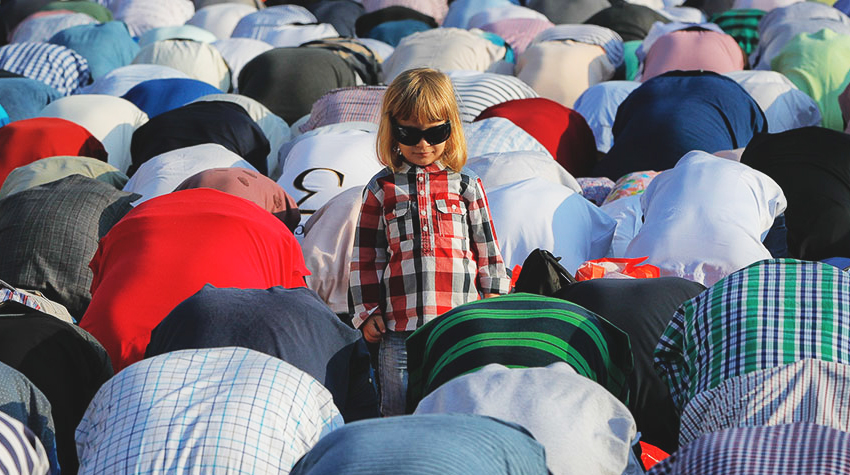
Young Muslim kids are not forced to fast. God Almighty says in the Quran:
“There shall be no compulsion in [acceptance of] the religion.” [Noble Quran 2:256]
No one can be forced to do anything in Islam. And in Islam, fasting is prescribed for us as it was for our ancestors that came before us. Only Muslims who are in good health and have reached the age of puberty are required to fast. The sick, elderly, traveler and menstruating, breastfeeding or pregnant women do not have to fast. In fact, in Islam, it is forbidden to bring harm to yourself in any way. So if fasting will weaken someone or make them sick, it is forbidden for them to participate in it.
There are other ways that Muslims can observe Ramadan even while not fasting. Preparing meals for fasting people, giving food to the poor or even engaging in acts of remembrance of God are all wonderful deeds in Islam that come with their own reward.
4. Is Ramadan Just a Way For Muslims to Lose Weight?
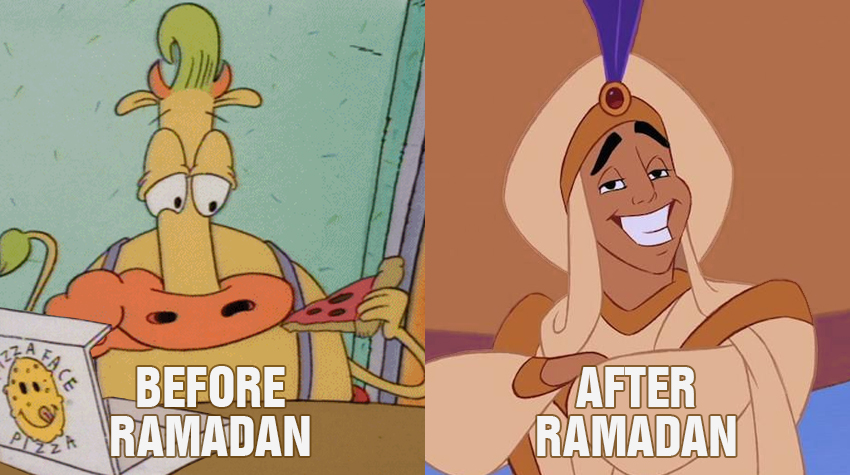
Quite the contrary! Some Muslims actually gain weight in Ramadan. Due to a long day of fasting that ends with a meal (called Iftar), many Muslims mistakenly indulge in fried appetizers and calorie-laden desserts once the sun descends. This type of diet results in a burst of energy that quickly fades and causes the pounds to accumulate. Stomach woes often peak during Ramadan and can result in lethargy, which leads to sluggishness during worship.
However, there are also many Muslims who try to eat a healthy Iftar meal. Whole grains, lean meat, vegetable and a variety of fruits can boost energy and give a Muslim the stamina to worship around the clock without having to deal with an upset stomach.
5. Is There Anything Else You Cannot Do in Ramadan?

There are many things Muslims must abstain from during the Holy Month of Ramadan. Intimacy with one’s spouse is one of the major activities that are forbidden during the fasting hours. Smoking cigarettes, lying, gossiping, backbiting, and engaging in other vices are also strictly forbidden. But what Muslims can do is earn the Creator’s pleasure by engaging in good deeds and other actions that illuminate faith.
6. What’s The Point of Torturing Yourself by Fasting?
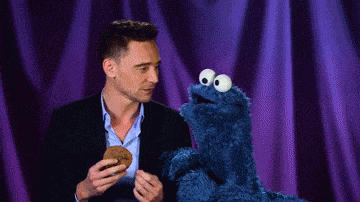
The Holy Month of Ramadan is a blessing for all of mankind. Muslims from all over the world wait and anticipate its’ arrival every year and cry tears of sadness when it slips away once again.
Prophet Muhammad ﷺ said:
“Allah said: ‘Every deed of the son of Adam is for him except fasting; it is for Me and I shall reward for it…”
When you reflect upon it, God Almighty bestows His Mercy and Grace upon His believing slaves year round. Fasting to show love and appreciation to the Creator is something Muslims are overjoyed to do. They greet Ramadan with the purpose of pleasing their Lord. The Ramadan fast is not torture by any stretch of the imagination. It is, however, an exercise in faith and complete trust in the One and Only God.
7. Is Every Day in Ramadan Like a Holiday?
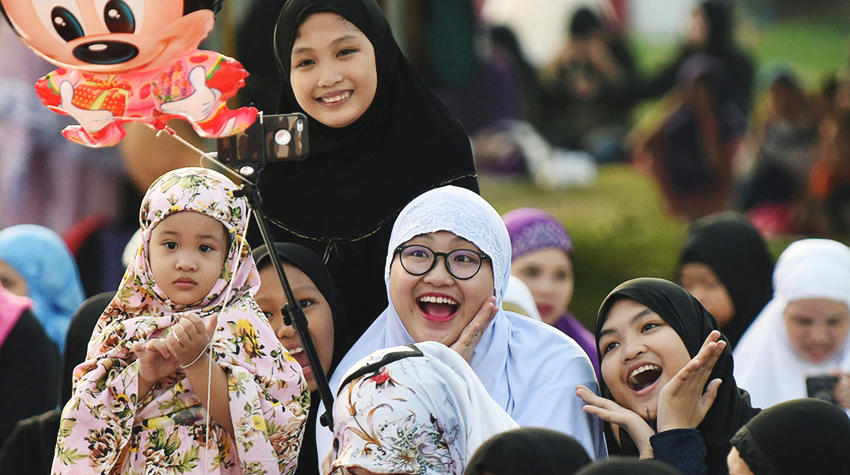
Yes! In some ways, the days of Ramadan can be compared to a holiday. Muslim families, from all over the globe, have a meal (called Iftar) that is large enough to accommodate all the family members and guests. It is a nostalgic time when Muslims of all ages come together to share a meal and reflect on Ramadans that have passed. It is also a wonderful time to take stock of important familial issues and look for ways to remedy them during this month of worship.
Just like Thanksgiving, there is a lot of food to prepare and dishes to wash. Many Muslim families ask everyone to pitch in to help, even the littlest in the household, to make sure that everyone can get out of the kitchen and focus on worship.
8. Do You Cheat When Fasting?

This is one of the most common questions a Muslim is asked about Ramadan and the answer is a resounding “No!” Muslims believe we are in the presence of God 24/7 (known as Taqwa.) A Muslim is conscience of his Creator at all times. Even if a Muslim was in a locked and windowless room with a full buffet of food, he would not take a single morsel. Although another human is not there to witness taking a bite, God is there. Muslims are not only shy of our Lord, Cherisher and Sustainer, but we are also afraid of displeasing Him and that is akin to a deeply rooted love that transcends all time and space. Stolen sips of water or nibbles of food when no one is looking is out of the question!
While fasting, the Muslim feels an even deeper connection to our Creator. The fast itself provides Muslims with a great deal of restraint, self-control and empathy for the suffering of the less fortunate. There is nothing quite like a dry throat and the pain of an empty stomach for a dose of reality. The Ramadan fast is excellent training to tame the very basic needs of human life so that we can control them instead of the other way around.
The occasion of Ramadan is so glorious and special that many non-Muslims are attracted to it as well and even choose to fast in solidarity. Now that you’ve had all of your burning Ramadan questions answered, why not fast a day or two in Ramadan to see what all the hoopla is about?
